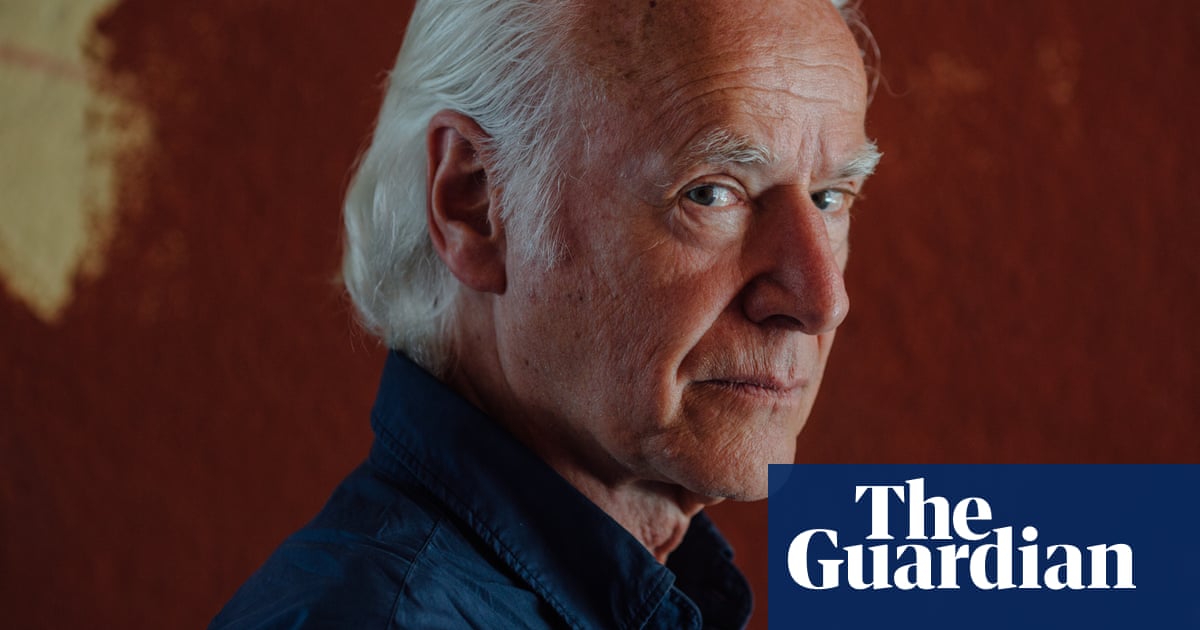I met Duncan Campbell, who died on Friday (Report, 16 May), when I joined the National Union of Journalists in my early days on the Peace News staff, getting to know him better during our involvement in the defence campaign around the ABC official secrets trial, referred to in your obituary (16 May). After becoming a defendant myself in a spin-off case – charged with criminal contempt for naming a “secret” witness in the main trial – I found Duncan’s cool, charismatic demeanour to be very much what I needed on my side.
But my most abiding memory of Duncan is from the time he was news editor at Time Out (then a radical magazine). There was a dispute when the owner wanted to abandon the system of pay parity; despite being one of the people whose pay would increase, Duncan was as solidly opposed to the change as were his colleagues.
At one meeting he gave a powerful speech in support of the principle of equal pay within an organisation. “Does a journalist typing at their desk need more food to stay alive than does the person sweeping around their feet? Do they need more clothes to stay warm in winter?” he asked.
His clear statement of the moral case against pay differentials inspired me to continue to work only for organisations which uphold that stance.Albert BealeKing’s Cross, London
I read of the death of the Guardian journalist Duncan Campbell with sadness. Duncan was such a great help to me following the death of my birth father, the bank robber Bobby King.
Bobby and Duncan had become friends during Duncan’s research into the London criminal underworld, and Bobby had contributed interviews for his books and subsequent television series. Afterwards, Duncan tried hard to help keep Bobby on the straight and narrow following his release from prison, giving him a research role for subsequent books.
After Bobby’s death in 2000, I got in touch with Duncan. I wanted to write about the shock of discovering, as an adult, that my father had been a rather notorious bank robber. Duncan was kind, supportive and so very helpful in encouraging me to write and in getting the resulting article published in the Guardian.
We met in person only once, but his friendly manner and genuine interest in adoption and its aftermath will always stay with me. I remain grateful to this warm-hearted man for his time and encouragement.Allison PerkinBerlin, Germany
Have an opinion on anything you’ve read in the Guardian today? Pleaseemailus your letter and it will be considered for publication in ourletterssection.
